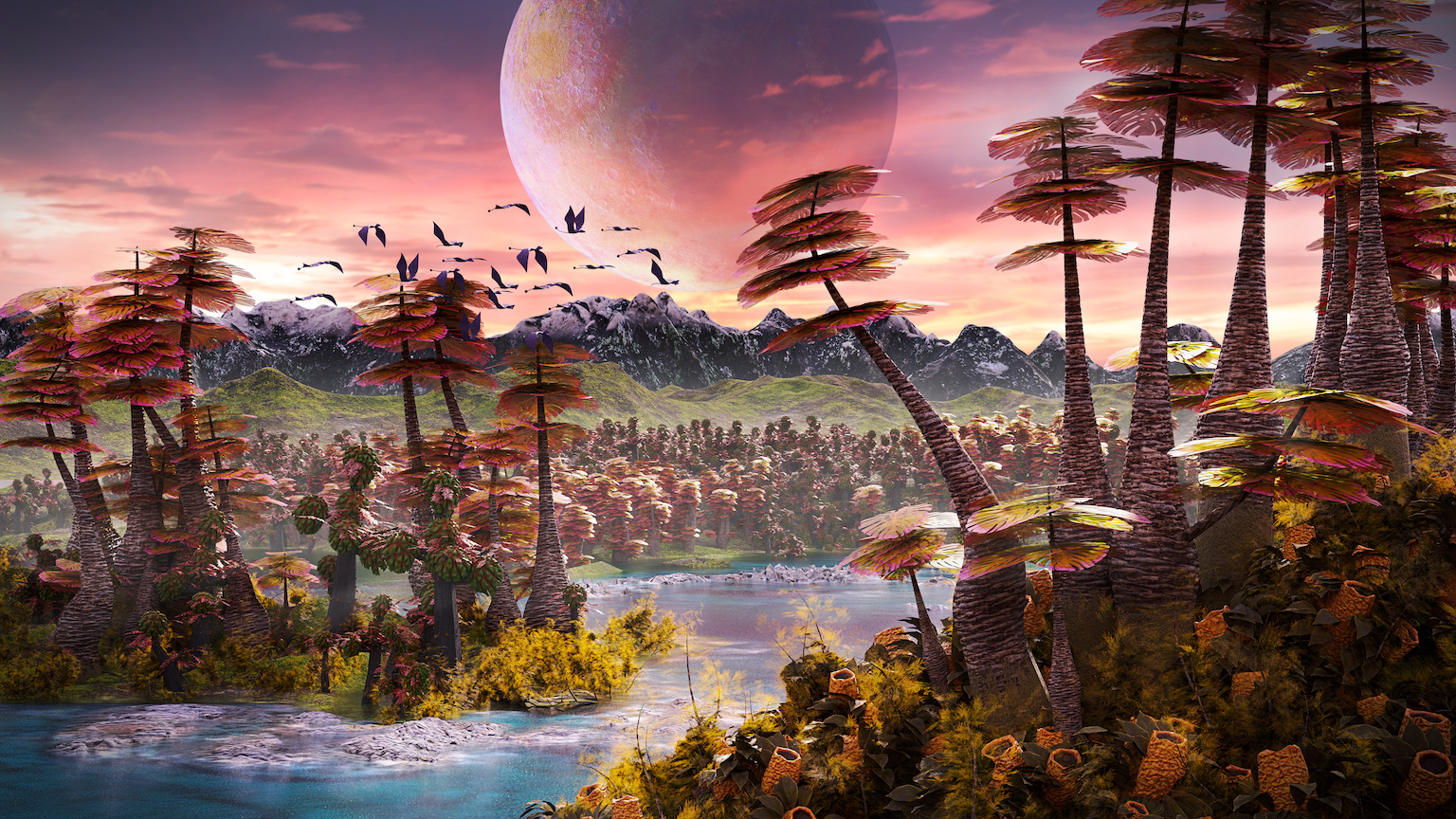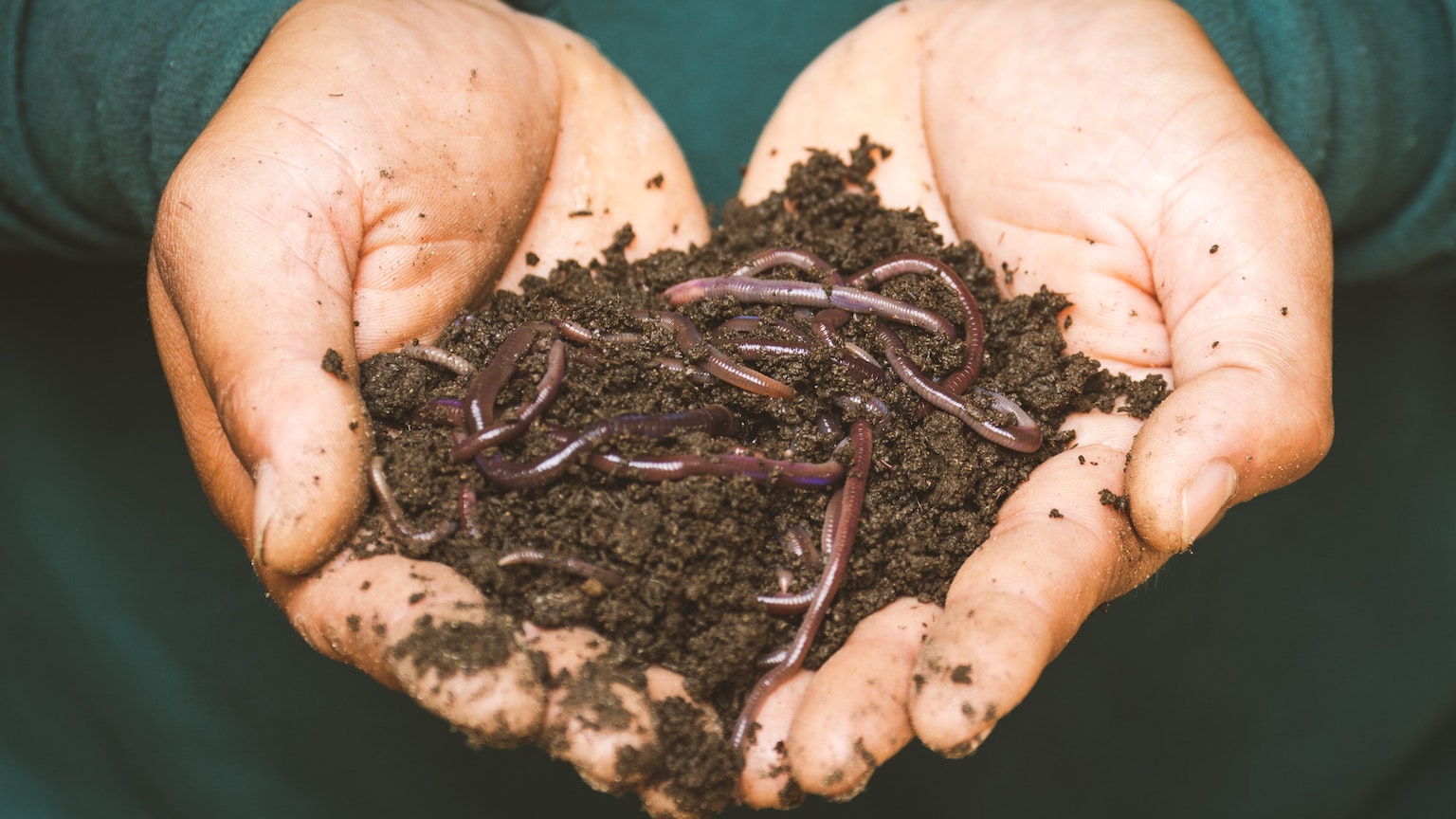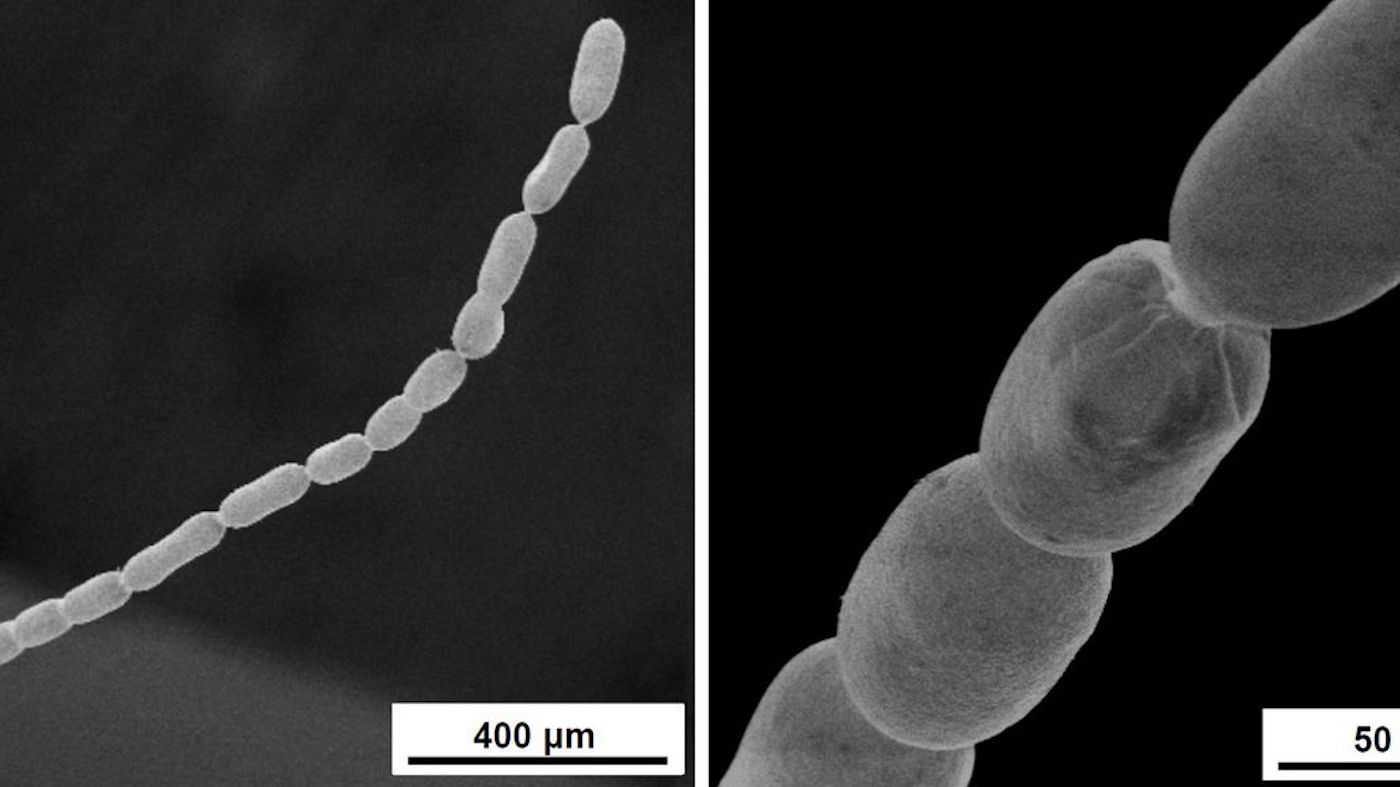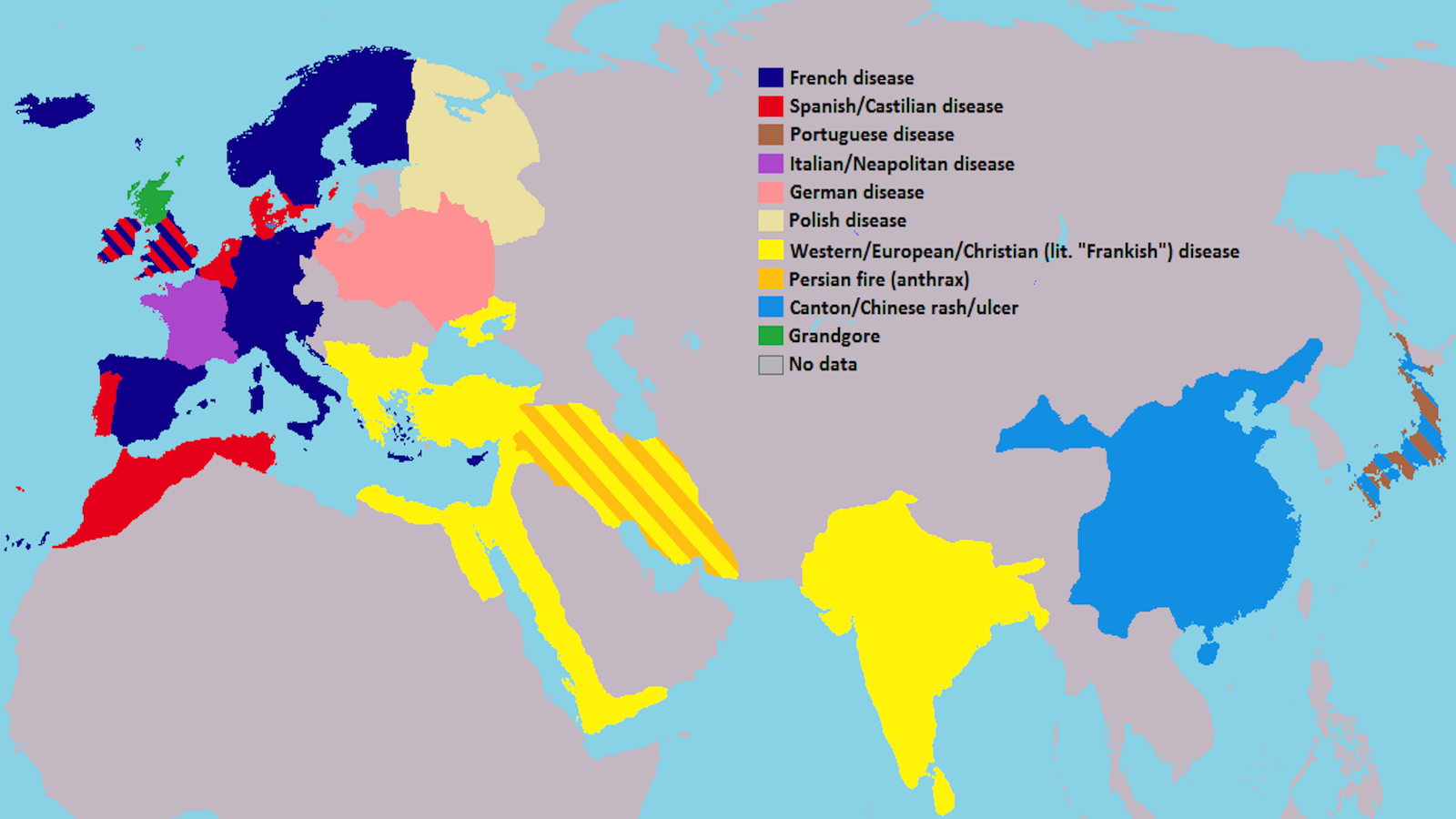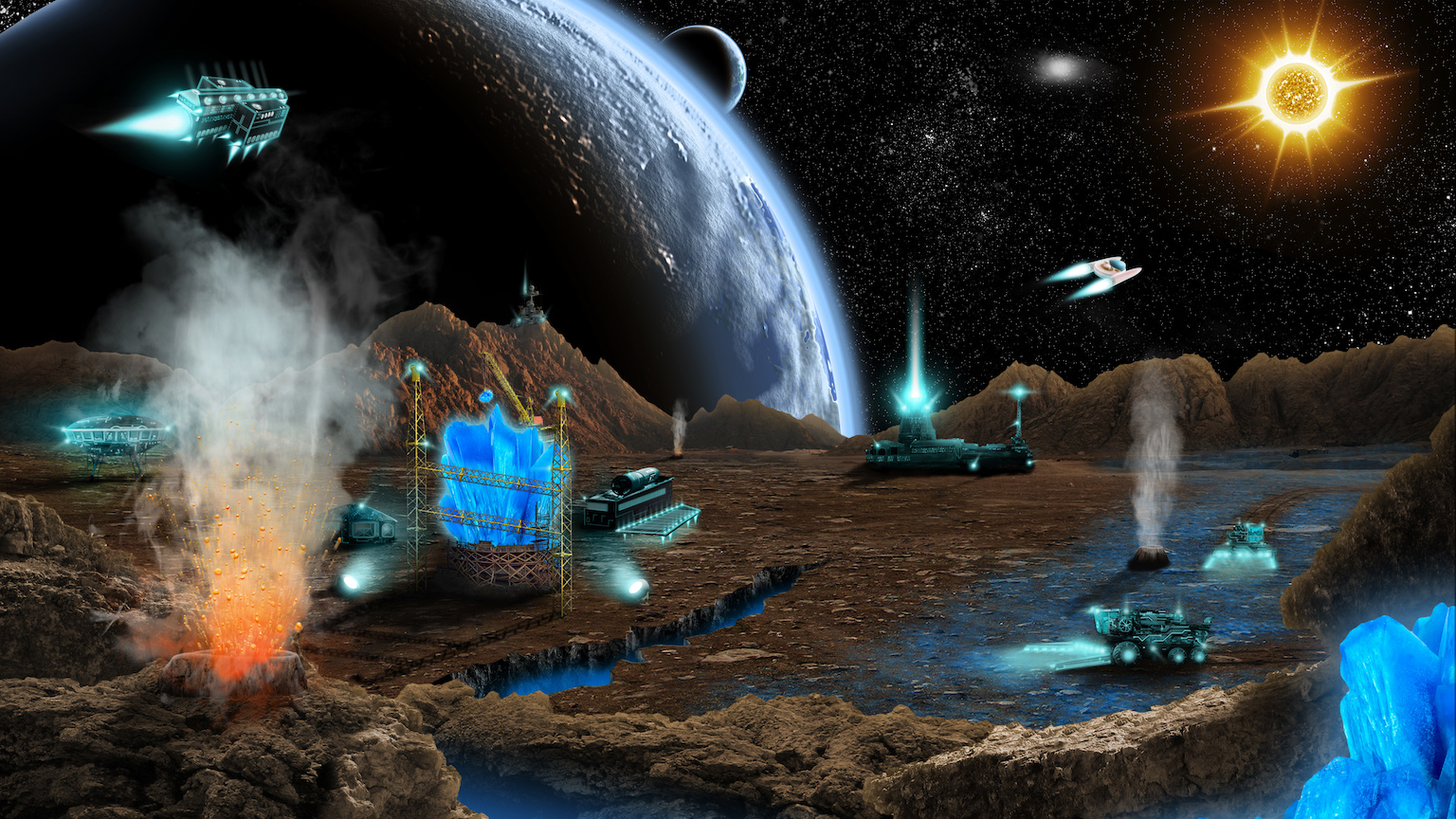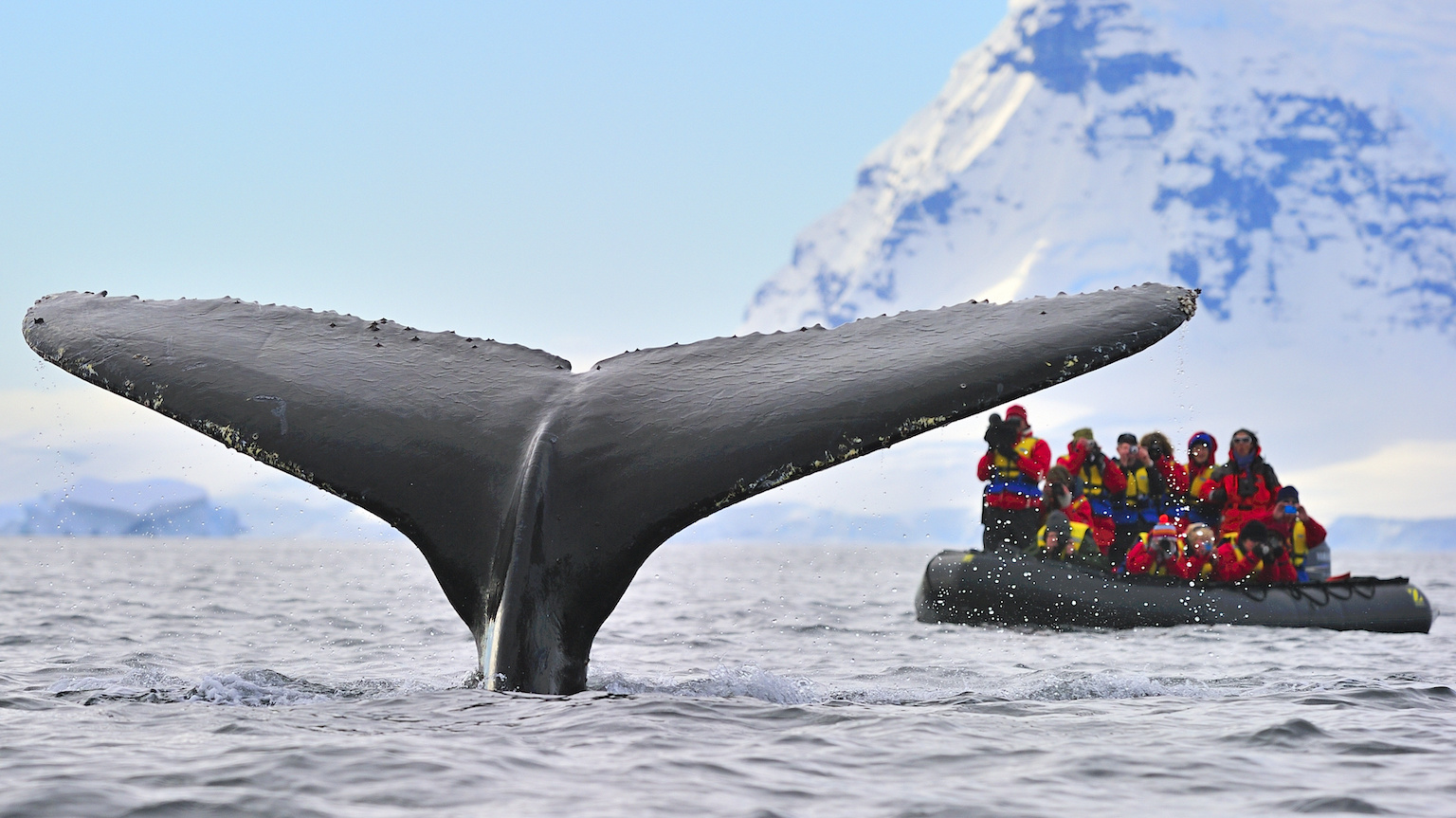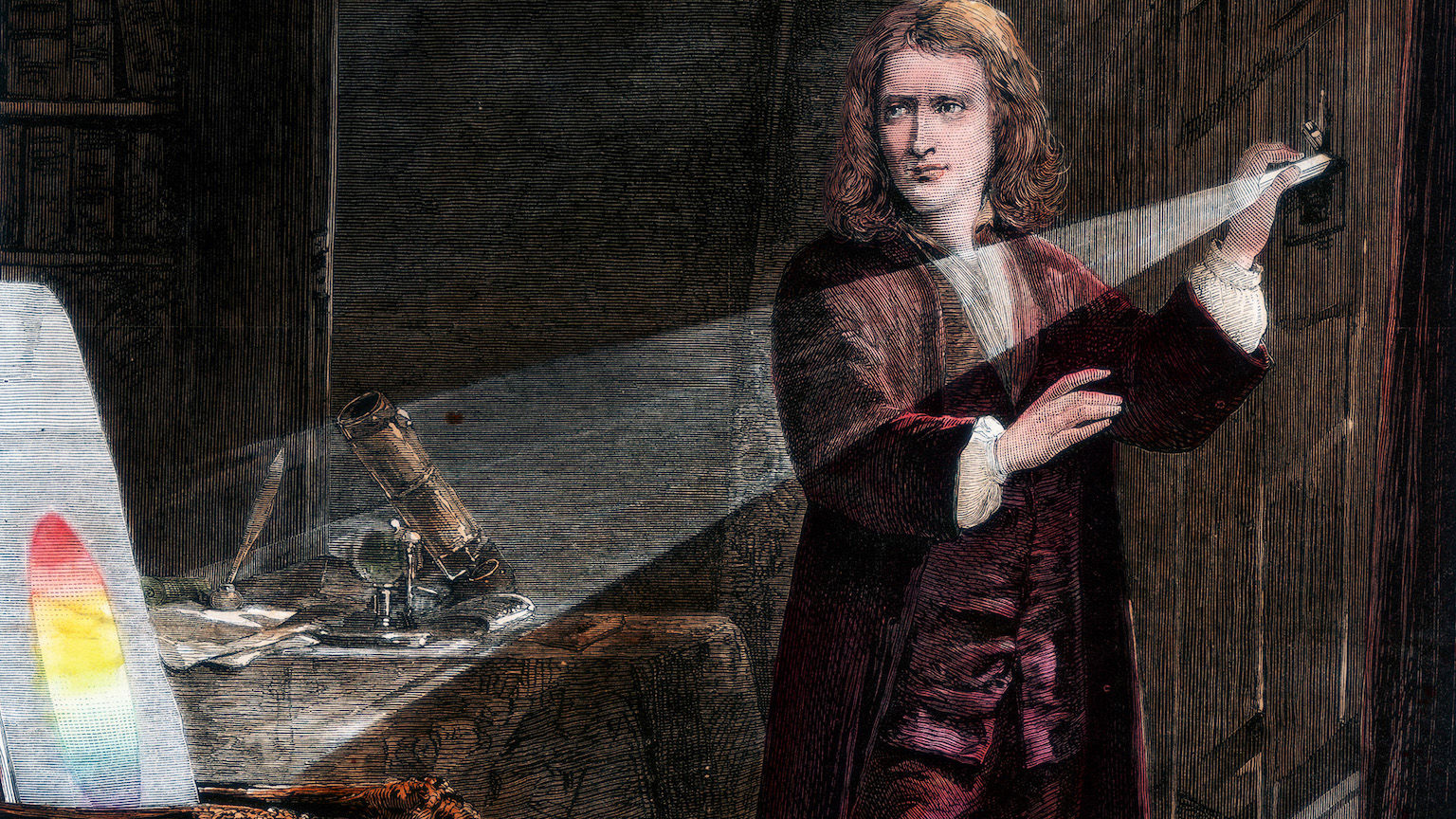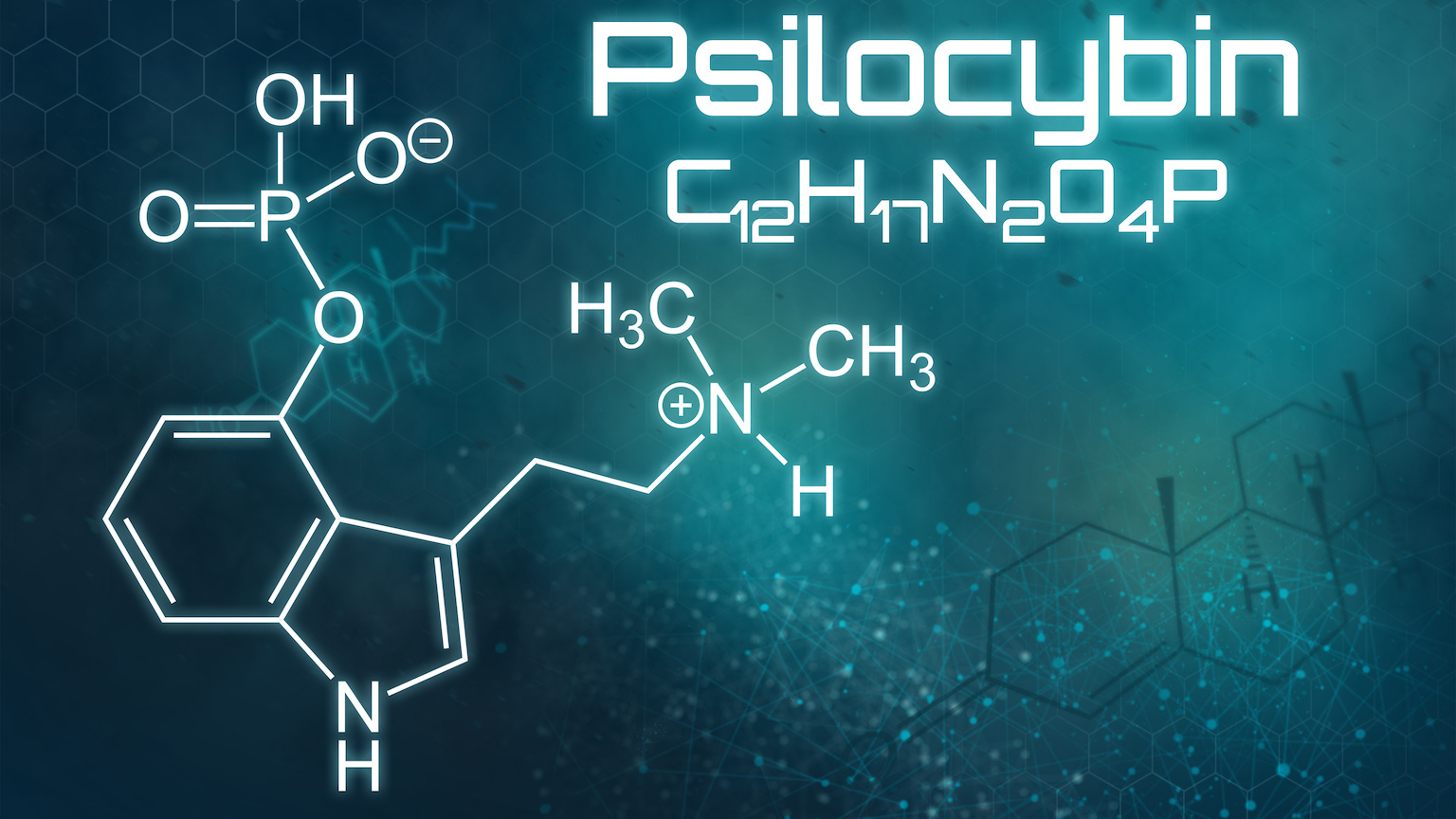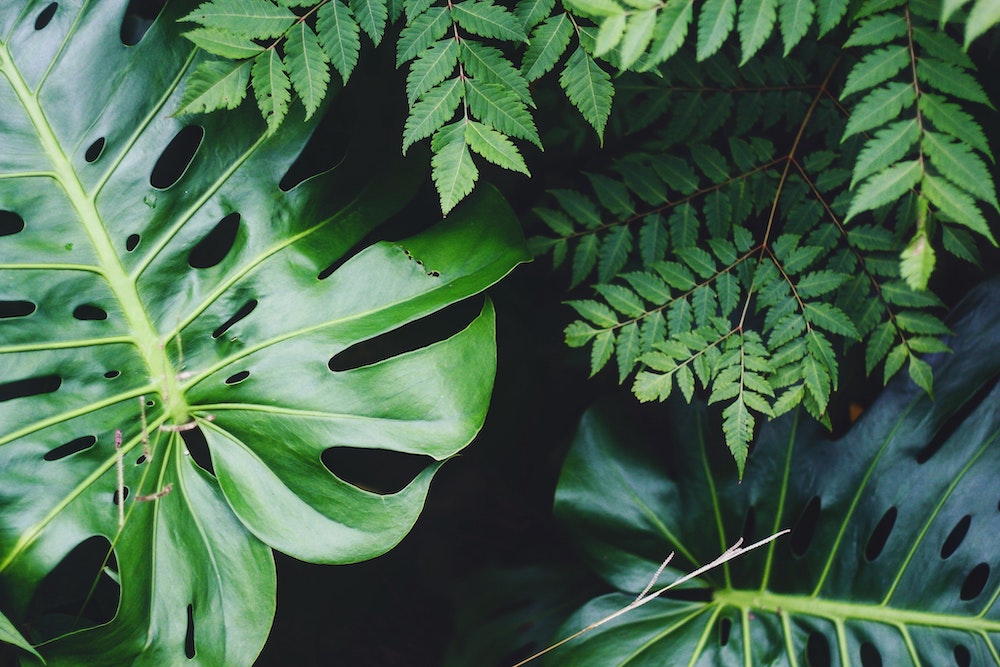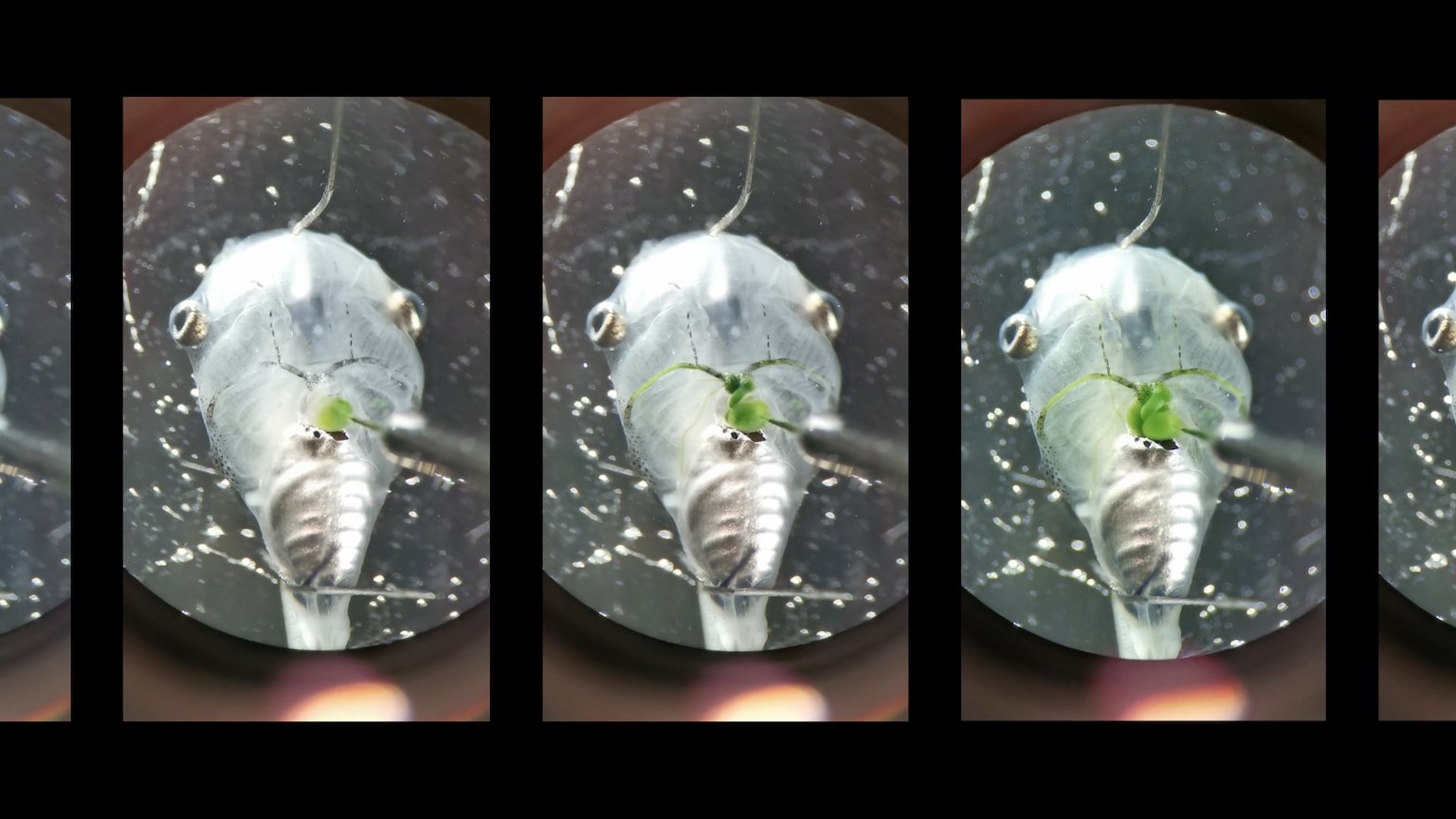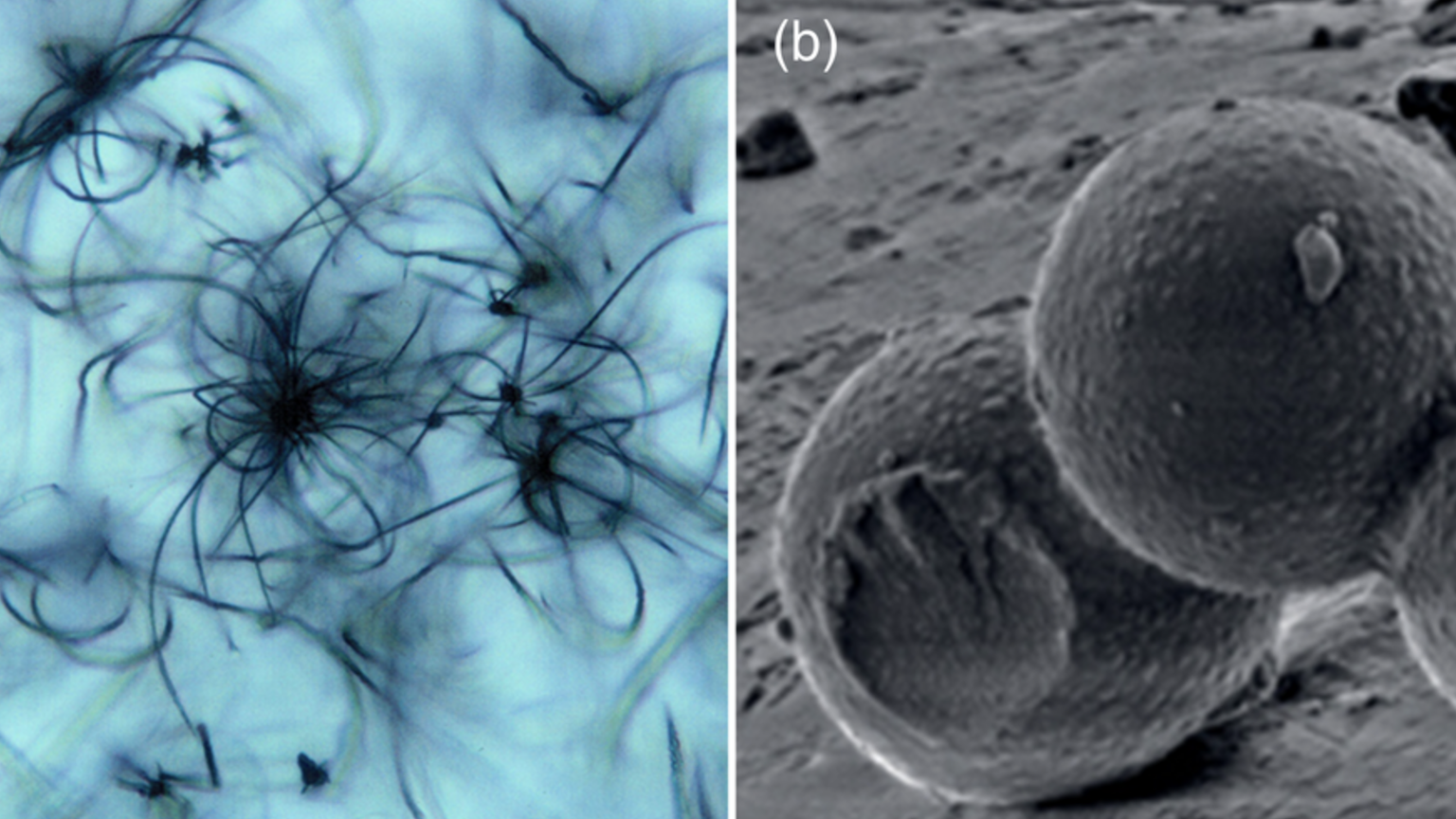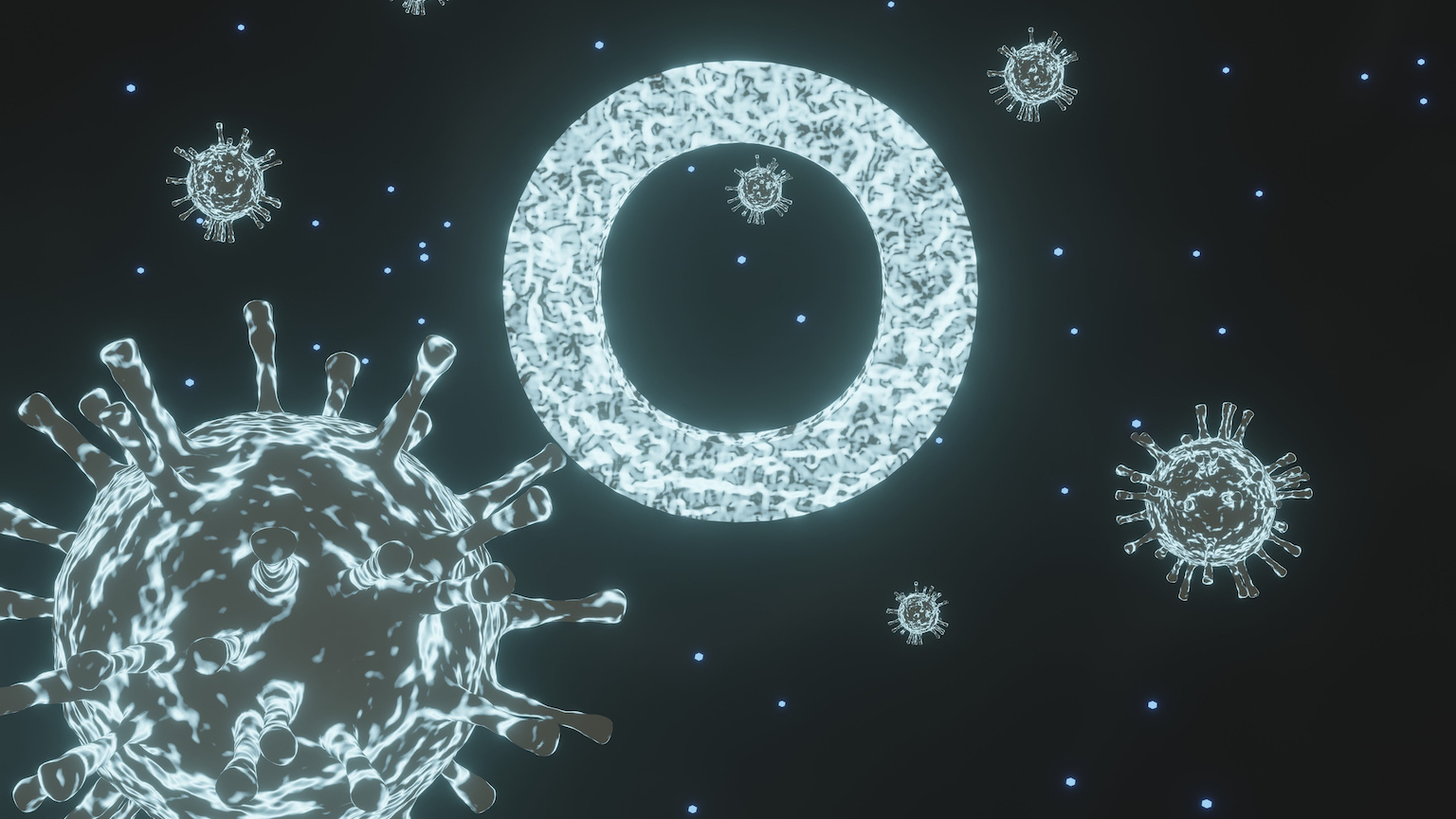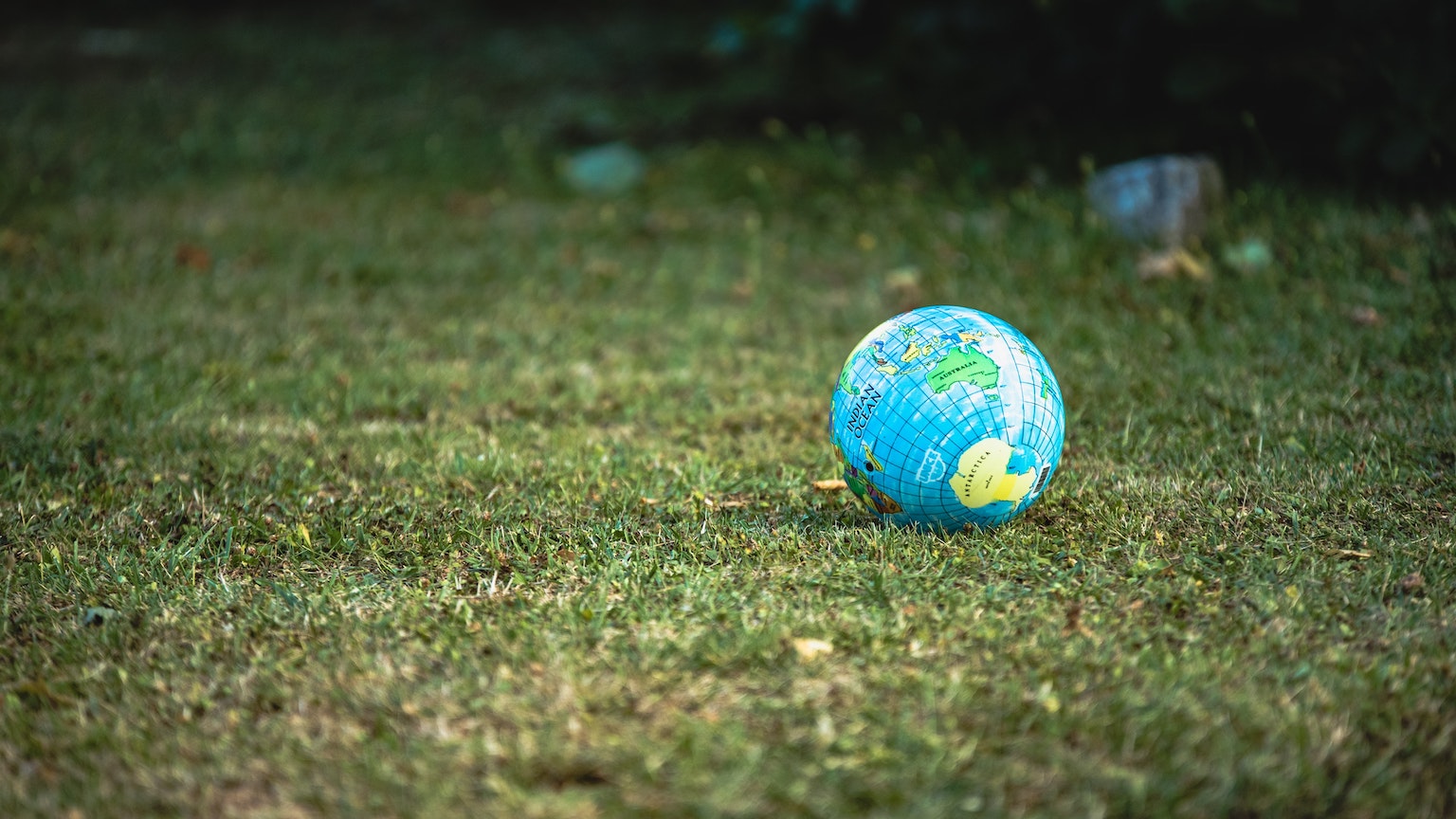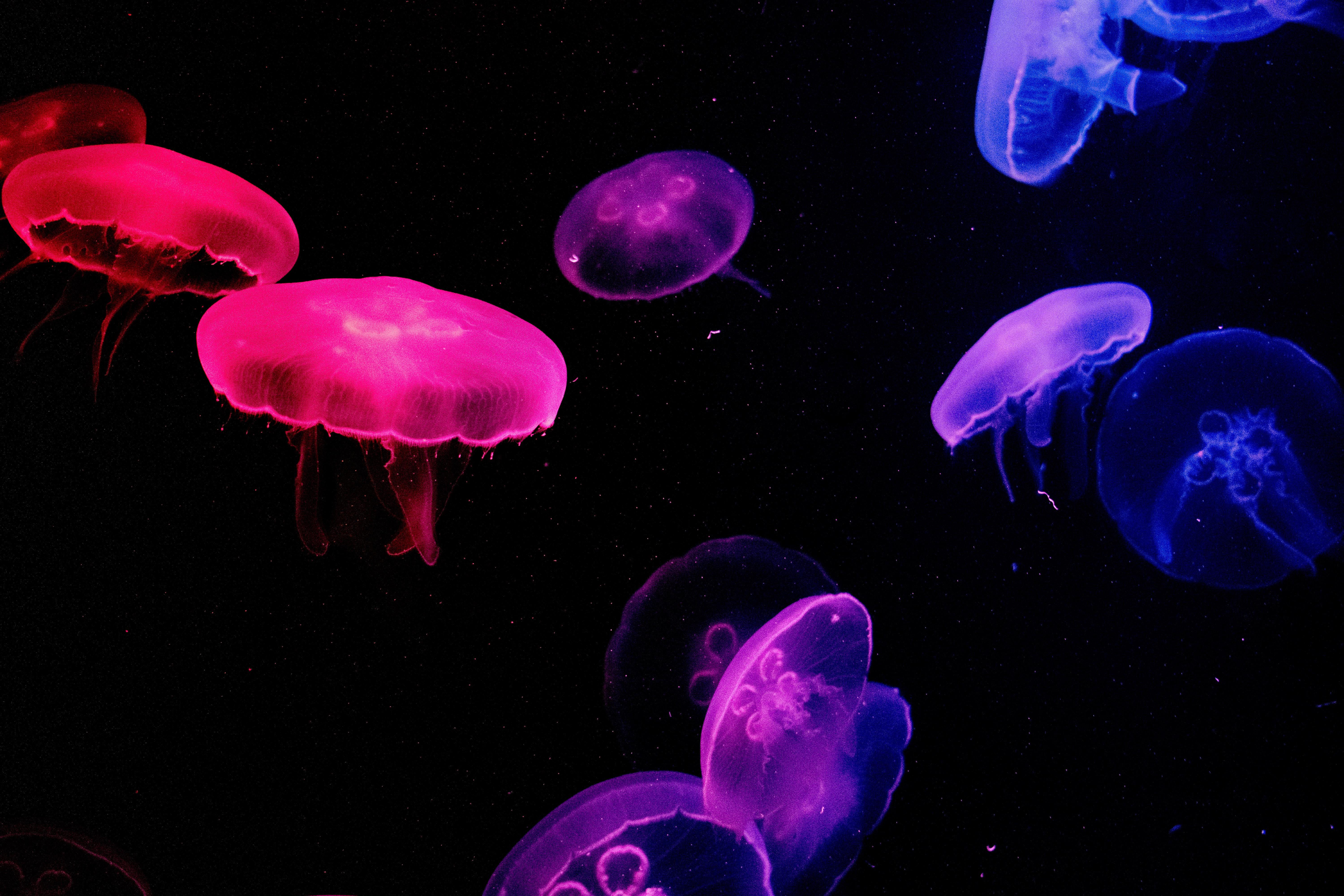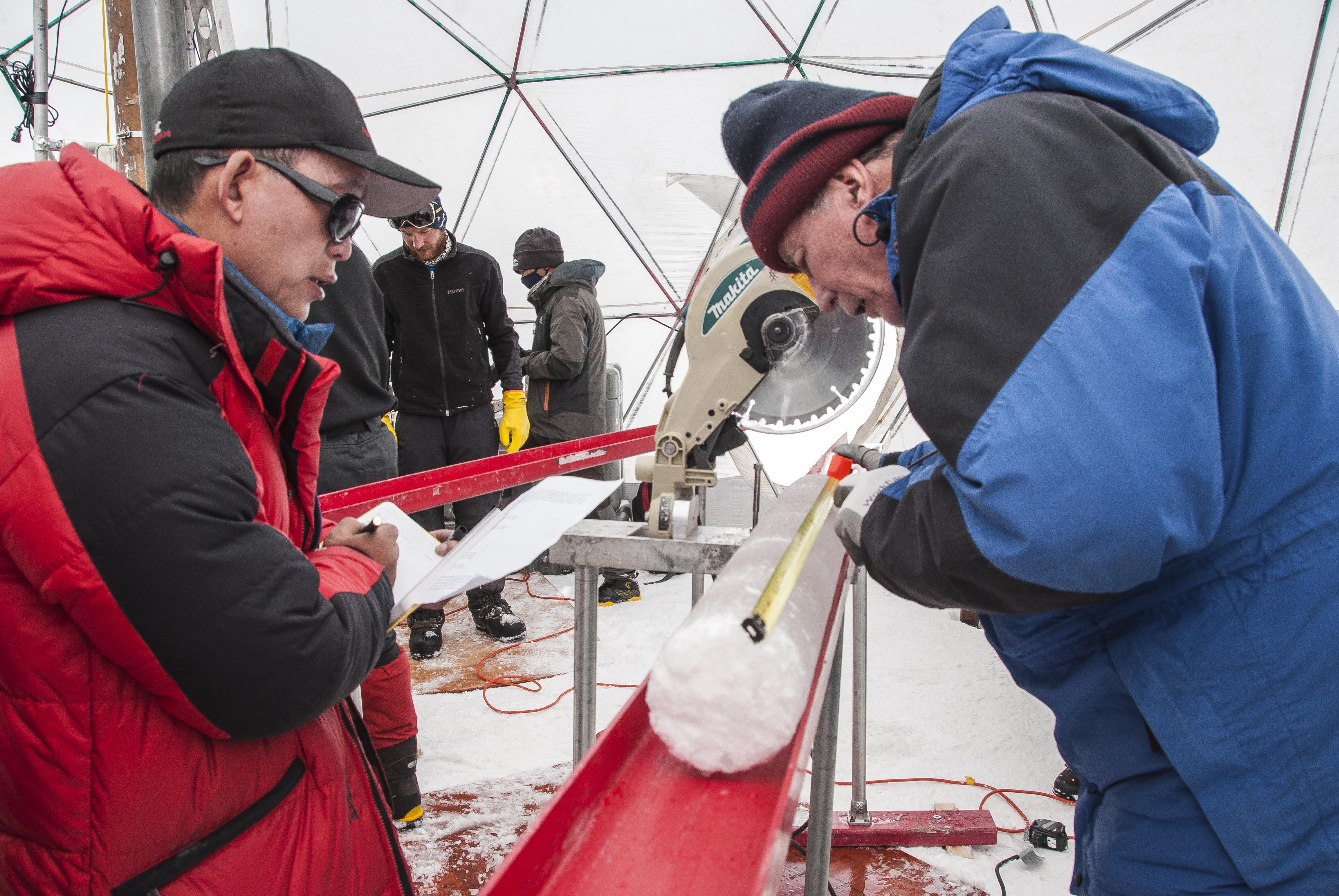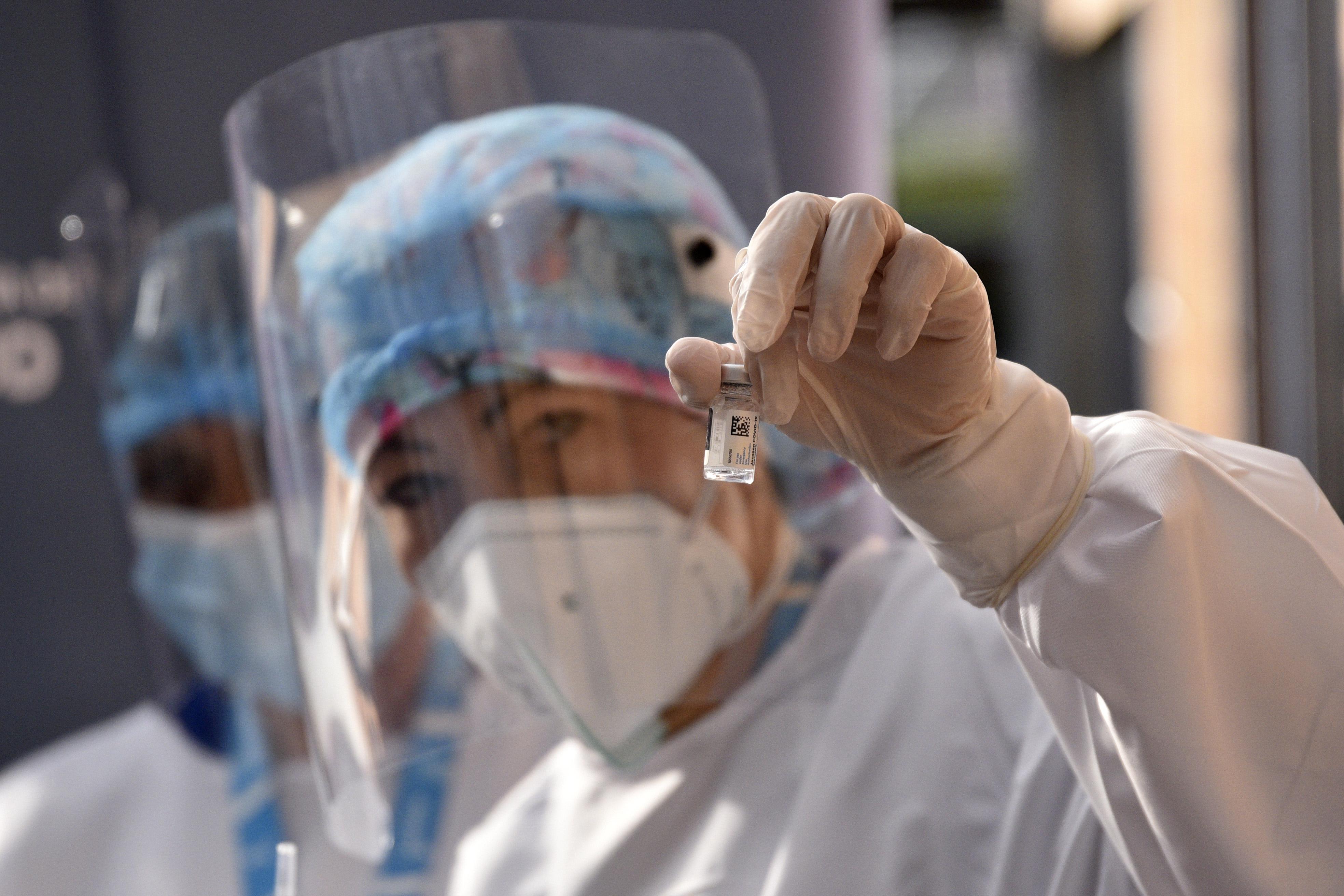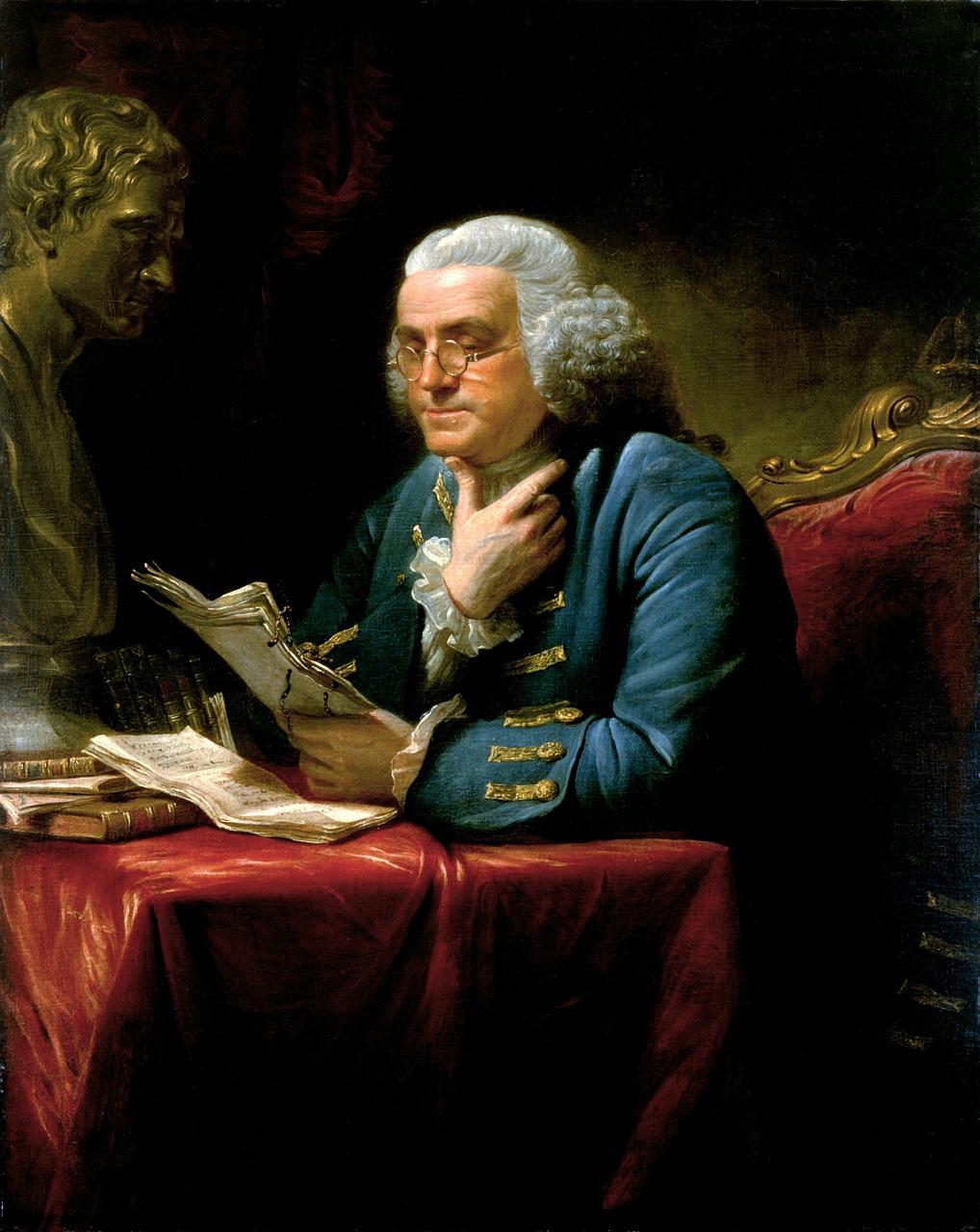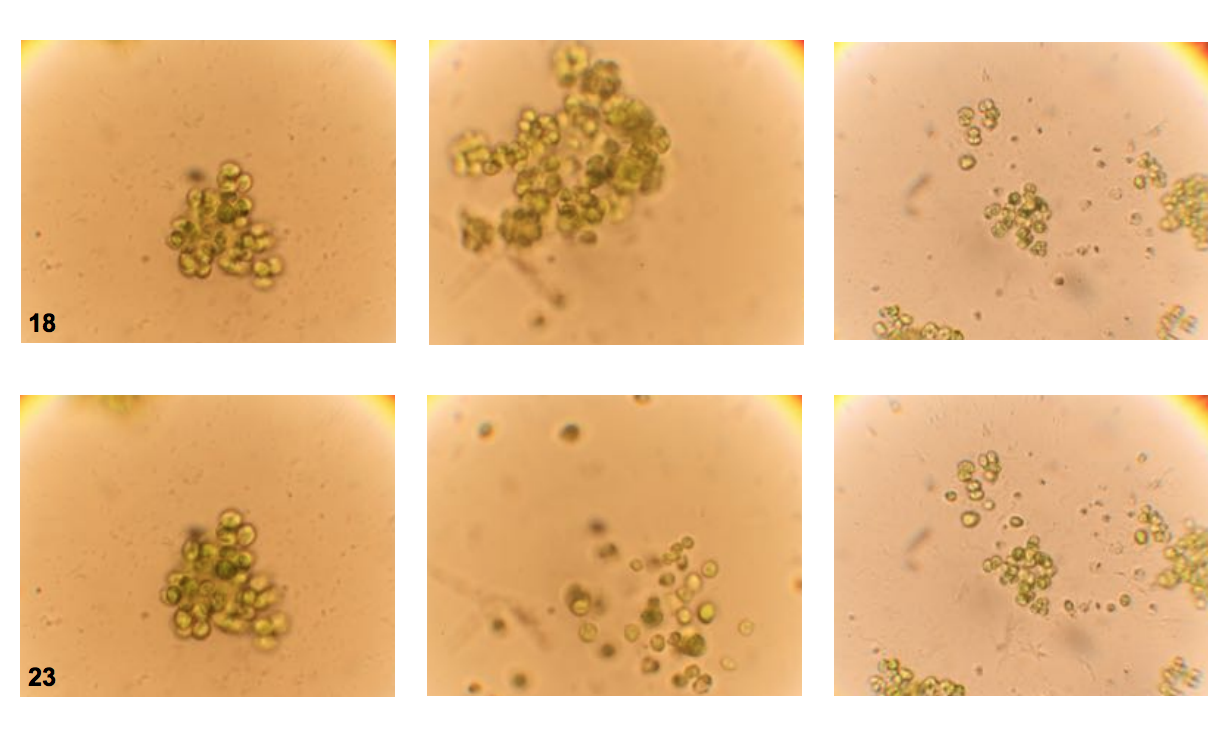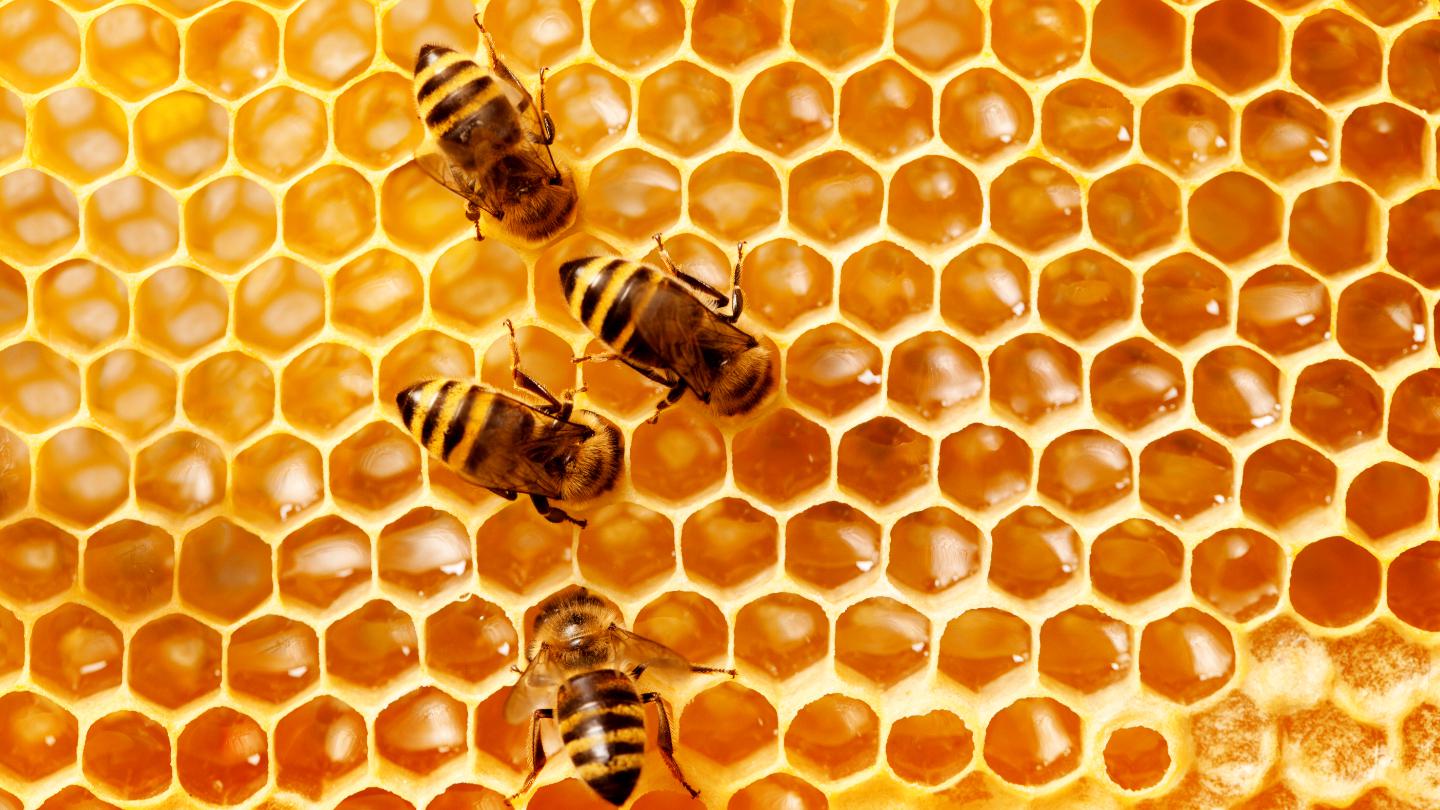microbes
Multiple lines of evidence — physical, chemical, and biological — must converge for scientists to conclude that alien life has been found.
Salk scientists studied complex decision-making capabilities in a worm with just 302 neurons and a mouth full of teeth. It’s smarter than you would think.
The human brain is only the latest chapter in the ancient story of thinking on Earth.
Shortly after planet Earth formed, life took a permanent hold on our surface. But just how common is such an outcome?
A gigantic bacterium evolved differently than fundamental models of biology would have predicted. Simply put, these bacteria shouldn’t exist.
The ten greatest ideas in science form the bedrock of modern biology, chemistry, and physics. Everyone should be familiar with them.
The most feared sexually transmitted disease (STD) of the last half-millennium was usually named after foreigners, often the French.
Coupled with 3D printing, biomining the Moon or Mars with microbes could sustain human colonies without constant re-supply from Earth.
With around 5,000 summertime residents, increased tourism, and a warming planet, it is becoming difficult to protect Antarctica from invasion.
Centuries ago, the plague forced people into quarantine for years. Isaac Newton and Galileo used the time to revolutionize the world.
Whether or not life exists elsewhere in the Universe, we can be assured of one thing: We are the only human beings in the cosmos.
A small, Seattle-based study will look to see if the psychedelic can alleviate the pandemic’s mental health impact.
Life largely owes its existence to this equation. Be sure to hug your house plant today.
Forget little green men: These scientists say we should be more worried about little green germs.
Purely physical and chemical processes can deceive us into thinking that life is present, when it actually is not.
There is no rule that will force Omicron or another COVID variant to become less deadly over time, but there is reason for hope.
When we try to recreate simpler versions of natural ecosystems, we invariably make mistakes, argues author and biologist Rob Dunn.
Linguistic laws are remarkably versatile and have applications in ecology, microbiology, epidemiology, demographics, and geography.
Smallpox, Ebola, HIV, influenza, the plague, malaria, and a whole host of terrible bacteria, viruses, fungi, and parasites were cooked up by Mother Nature, all on her own. Apparently, Mother Nature hasn’t banned gain-of-function research.
Three cutting-edge techniques – the gene-editing tool CRISPR, fluorescent proteins and optogenetics – were all inspired by nature.
Scientists discover surviving viruses in 15,000-year-old glacier ice on the Tibetan Plateau in China.
Gain-of-function mutation research may help predict the next pandemic — or, critics argue, cause one.
Smallpox was nothing new in 1721.
When facing a predator, single cells sometimes unite to defend themselves, paving the way for more complex multicellular life forms to evolve.
Researchers develop a fungus that kills mites that contribute to honey bee Colony Collapse Disorder.
Is working from home the ultimate liberation or the first step toward an even unhappier “new normal”?
Healthy people need healthy microbiomes from an early age.
